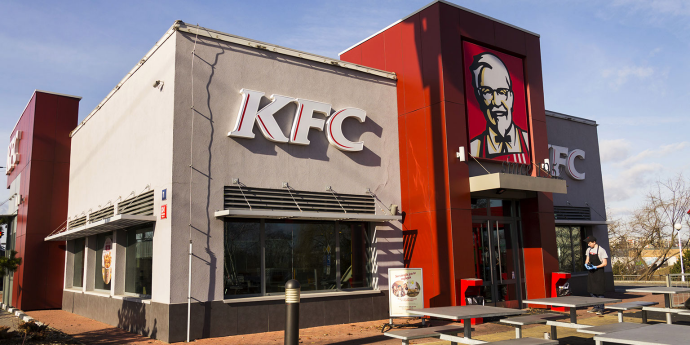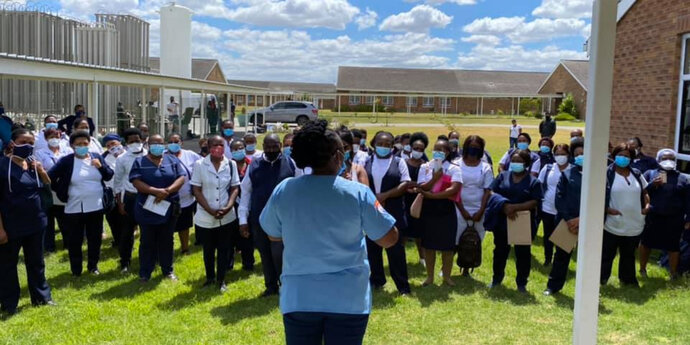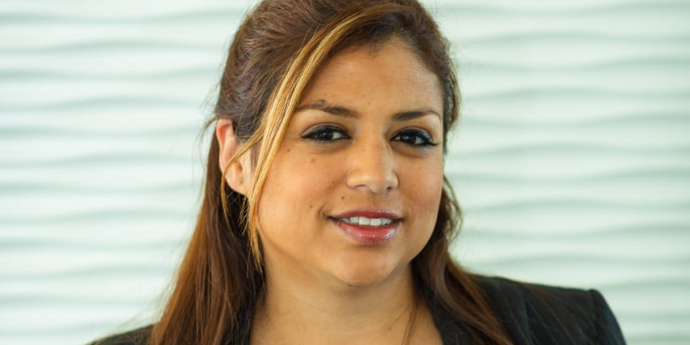Doing business in Africa requires collaboration across countries with vastly different cultures, political environments, economic factors and drivers for GDP growth. To successfully navigate this terrain, Standard Bank — Africa’s largest lender by assets — teamed up with the UCT GSB to co-create a powerful learning partnership that gave its managers across Africa the tools and skills they needed to build stronger client relationships and foster long-term profitability.
In a world characterised by increasing volatility, uncertainty, complexity and ambiguity (VUCA), customer-centricity has become a top priority for leading organisations as a key driver for growth. McKinsey reports that the uniquely cross-functional nature of an effective customer experience puts a premium on smart governance and that addressing the challenge of customer-centricity requires clearly-defined leadership, behaviours, and metrics.
In Africa, this challenge is magnified. Doing business in Africa requires collaboration across countries with vastly different cultures, political environments, economic factors and drivers for GDP growth.
In 2014, Standard Bank — one of the largest banks in South Africa with a footprint in 19 African countries including South Sudan and CoÌ‚te d’Ivoire — approached the UCT GSB to help it navigate this terrain. Together they developed a customised programme: The Masterclass in Strategic Client Management, which went on to enjoy considerable success and won Gold at the 2019 Excellence in Practice Awards.
The programme aims to build leadership capability through client-centricity — to do better business in Africa. Client-centricity is essentially a shift from a focus on product sales and short-term benefit only, to one that values client relationships and fosters long-term profitability for the bank and its clients. The programme includes content on the challenges and practicalities of doing business in Africa as well as insights into cultural appreciation and its impact on successful business engagements.
THE PROGRAMME DESIGN TOOK THE FOLLOWING FACTORS INTO ACCOUNT:
A focus on self
Effective leadership starts with the ability to understand and manage oneself. A focus on personal mastery throughout the programme helped ground the learning process.
Practical, useable skills that can be implemented immediately
The entire programme was geared towards an in-depth understanding of client-centricity and what skills are needed to transform theory into a living practice. It sought to strike the right balance of hard and soft skills such as negotiation, active listening, leadership capability, communication and presentation skills, as well as the financial skills to better understand and anticipate clients’ needs. These skills also facilitate better internal relationships between teams as to what products the bank can design and offer to the client, based on solid financial acumen.
Real-world client challenges
The programme was designed to incorporate real client data for an applied learning experience. Each delegate arrived with a client in mind and worked on fresh thinking to approach and better engage the client based on a deeper understanding of their business strategy.
CREATING LASTING IMPACT
The overall objective of the MSCMP was to make a positive impact in terms of delegates’ personal development, team functioning and overall business effectiveness for the bank. A research project was jointly undertaken by Standard Bank and the UCT GSB in 2017 to evaluate the return on investment of the MSCMP and to gain a balanced, extensive and in-depth assessment of the value of the programme over time.
Survey results indicated that: “Understanding the client position and potential through multiple lenses: financial, strategic, interpersonal, organisational” had had the largest impact.
Thirty-three percent of respondents indicated that business outcomes through share of wallet growth and strategic client engagement was the largest area of impact assessed. Additionally, most delegates reported that the programme had increased revenue generation for the bank. Twenty eight percent rated personal development, soft skills and business outcomes as equal areas of impact.
Specifically, in terms of client impact, respondents reported improved ability to build relationships both internally and externally through dialogue with teams and with clients. This helped Standard Bank to retain clients, win new business and win back clients that the bank had lost.
Kim Van Der Merwe, Senior Learning Partner for CIB at Standard Bank, who was involved with the programme since inception, says what has made it so successful is the continued refreshing of content to keep it relevant and valuable across the business. “The MSCMP has transcended expectations. Due to the focus and commitment of all associated parties and leaders in ensuring that the programme is continuously supported and aligned to business and client engagement strategy, we have seen this programme grow to benefit a far broader audience than originally anticipated.”
And the MSCMP continues to evolve and deliver impact. Based on alumni feedback, two initiatives were put in place to keep the learning alive in the organisation.
“It has been gratifying to witness the way delegates have been able to take and apply what they have learned,” says Kumeshnee West, Director of Executive Education at the UCT GSB. “The MSCMP is a living programme. It is agile and responsive and has evolved over time — it was never a static programme that repeated the same information with each cohort. Critical to its success has been that feedback from each phase informed and shaped successive sessions. The programme was piloted with senior executives from across the geographies in which Standard Bank operates, and their invaluable feedback shaped the experience for cohort 2.”
Rayner Canning, Business Development Director at the UCT GSB says it was the strong and responsive partnership between the UCT GSB and Standard Bank’s Learning and Development team that ensured the programme delivered, and continues to deliver, on its mandate. “The design and delivery of the MSCMP was a fantastic team effort. The trust developed between our two organisations has contributed directly to its strong impact and outcomes.”
Read the full case study here







































